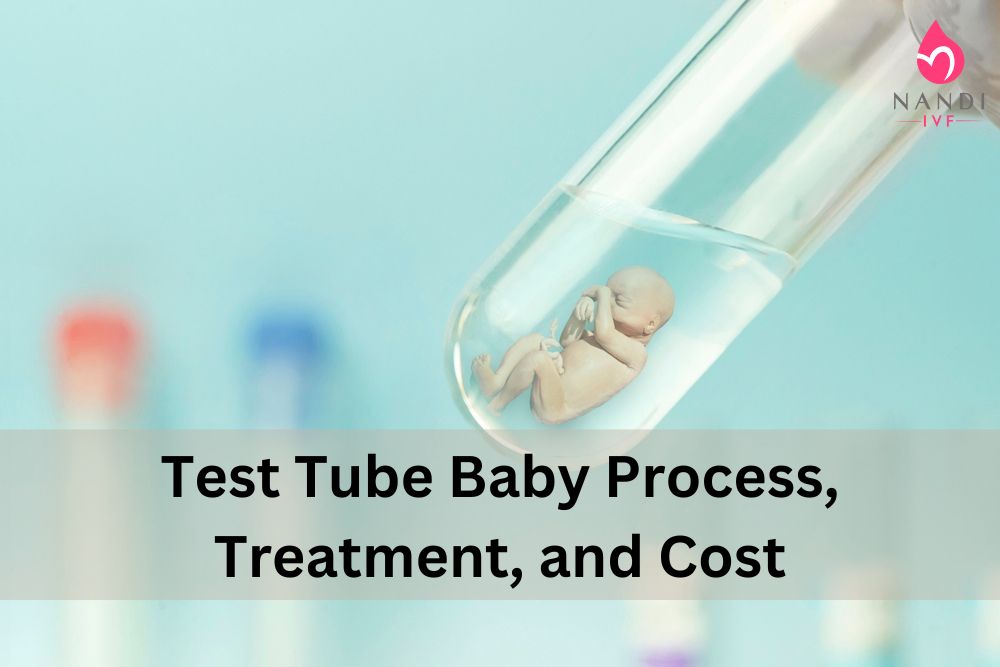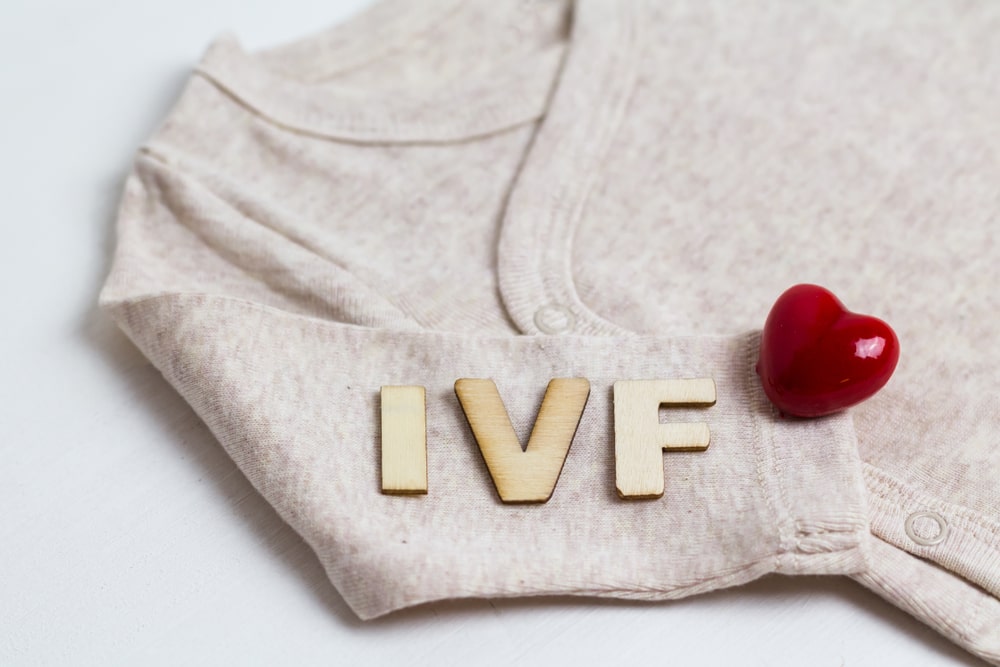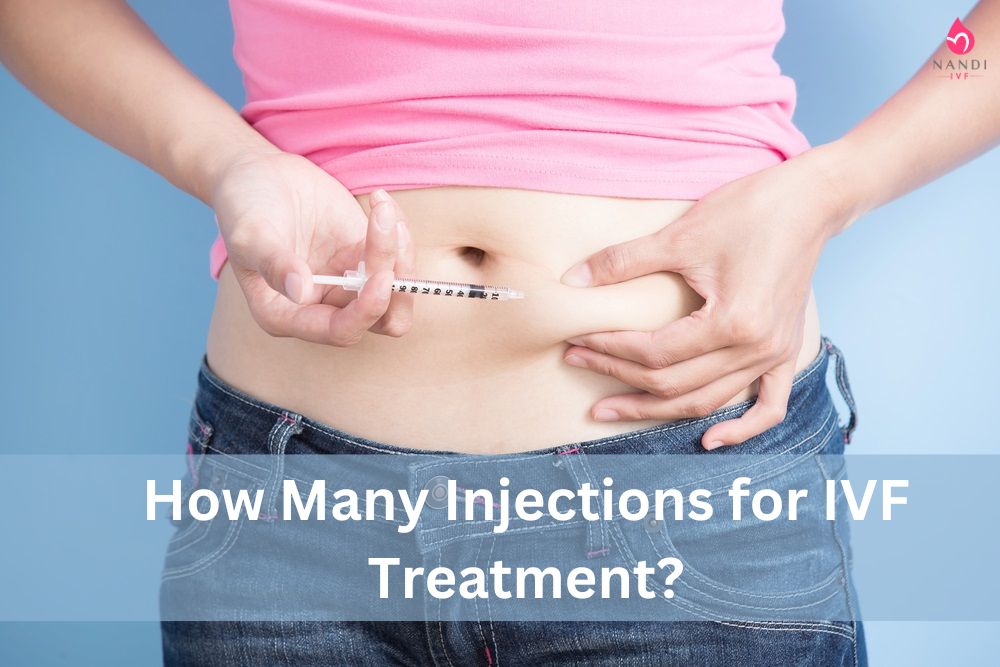In contemporary India, the prevalence of infertility has led to the widespread adoption of sophisticated medical procedures such as Test Tube Baby or In-Vitro Fertilisation (IVF). Astonishingly, an estimated 27.5 million couples in this nation alone are affected by this distressing condition. However, thanks to the remarkable advancements in reproductive medicine, these couples have been able to realise their long-cherished aspirations of parenthood.
Let’s understand the test tube baby process, the beneficial aspects, the success rates, and the financial investment required for this extraordinary treatment. Many couples also wish to know about IVF Cost In Delhi, since location plays a key role in both accessibility and affordability.
Test Tube Baby Process Success Ratio
With the inception of advanced medical technologies, India has an enormous success ratio in the test tube baby process from 70% – 80%. Younger women are generally more likely to get pregnant via the test tube baby process than elders.
The quality of the egg and sperm used in the test tube baby process is also essential. Additionally, whether infertility is primary or secondary impacts success. Numerous factors can influence IVF success, so it’s important to talk to your healthcare provider to grasp the specific chances based on your situation. While discussing outcomes, it’s equally vital to review IVF Treatment Cost In Delhi, which often varies depending on clinic expertise and additional services.
How to Get Ready for the Test Tube Baby Process?
Below are the listings on getting ready for the test tube baby process.
- Undertake Multiple Tests: Test tube baby processes involve various tests, like ultrasounds and hormonal assessments, which assist in finding any issues that could affect the success of the IVF procedure.
- Seek Support: It is important to talk with your partner, family, and pals about your concerns and emotions before undergoing this procedure. Besides this, it is also necessary to prepare yourself for the result, which could be either positive or negative, as not every IVF attempt leads to pregnancy.
- Make Lifestyle Changes: The IVF process demands a healthy physique. You can follow a healthy diet, exercise regularly, and avoid harmful habits such as smoking and alcohol consumption.
- Follow Medication and Supplement Directions: Medical professionals may prescribe medications to regulate the menstrual cycle and promote ovarian stimulation. Additionally, patients are advised to incorporate dietary supplements into their treatment regimen.
Couples often combine this preparation with research into the IVF Procedure Cost In Delhi, ensuring they are financially ready for every stage.
Stages Involved in Test Tube Baby Process
Stage 1: Stimulating the Ovaries
The initial step of IVF is the production of eggs from ovaries. Usually, ovaries release one mature egg each month via ovulation. However, more eggs are required to increase the chances of fertilisation in the test tube baby process. Fertility medications stimulate ovaries to release multiple mature eggs, monitored by ultrasound scans over 8–12 days.
Stage 2: Collecting the Eggs
The second step, egg retrieval, occurs 36 hours after the final ovary stimulation injection. The process takes about 15–20 minutes and requires skilled fertility specialists.
Stage 3: Collecting the Sperm
On the same day, semen is collected and processed to extract the healthiest sperm.
Stage 4: Fertilising the Eggs
Two common techniques are used:
- Conventional insemination (mixing sperm and eggs).
- ICSI (directly injecting sperm into an egg).
Additional techniques like assisted hatching and genetic testing may also be used.
Stage 5: Transferring the Embryos
After 3–6 days, the best-quality embryos are transferred to the uterus. This crucial stage is when many couples reflect on the emotional effort and the IVF Charges In Delhi that come with advanced fertility procedures.

Role of Medical Professional in Test Tube Baby Process
Fertility doctors manage every stage of the process, including diagnosis, customised treatment plans, and conducting advanced procedures like IVF and ICSI. They also provide psychological and emotional support, guiding patients through the ups and downs of treatment.
Cost of Test Tube Baby Process
The test tube baby process could be expensive, but it depends on various factors like the expert, location, and services. It costs around 1.5 Lakhs on average in India. For couples in the capital, understanding the breakdown of IVF Cost In Delhi is essential, as it may differ from national averages depending on technology, doctor expertise, and medications.
Pros of Opting Test Tube Baby Process
The common benefits include:
- Helping couples with long-standing infertility issues, such as low sperm count or blocked fallopian tubes.
- Increasing chances of conception, with success rates of up to 40% for women under 35.
- Offering gender selection to prevent transmission of certain genetic disorders.
- Providing donor options when eggs or sperm are unavailable.
The Bottom Line
Struggling to conceive can take a toll on mental well-being and relationships. The disappointment of repeated negative pregnancy tests only worsens the stress. Test Tube Baby has brought hope to millions of couples who thought they would never have children.
Fortunately, India is home to some of the best fertility specialists. Couples exploring treatment in the capital often compare IVF Treatment Cost In Delhi, check for transparent IVF Procedure Cost In Delhi, and review different clinic packages before deciding. Always remember, beyond costs, emotional support and the right medical guidance matter most.
Don’t give up hope – your dream of starting a family can become a reality. Contact us today for a consultation and begin your fertility journey with confidence.
Read Also: Comparing Tubectomy and Vasectomy: Which Option is Right for You?
Read Also: What Is The Best Age To Get Pregnant With PCOS?
Read Also: Understanding Hyperbaric Oxygen Therapy: Cost, Treatment, Procedure, and More
Read Also: After How Many Weeks IVF Pregnancy Is Safe













